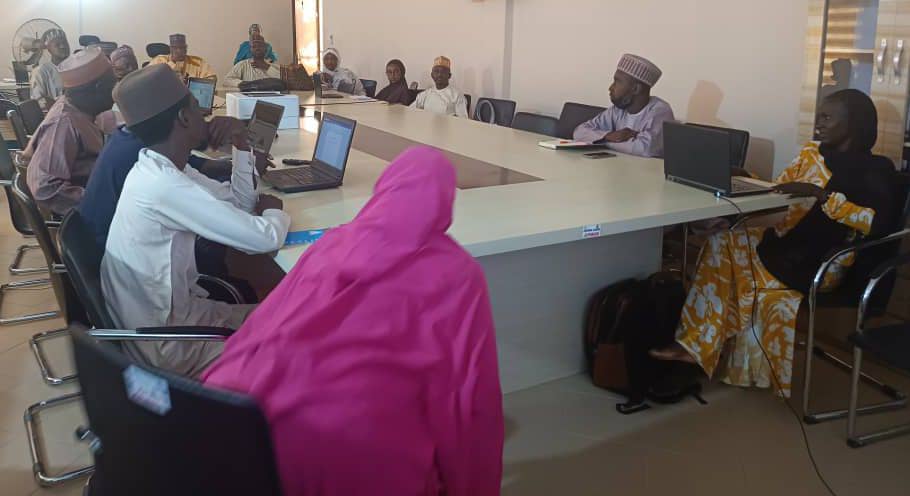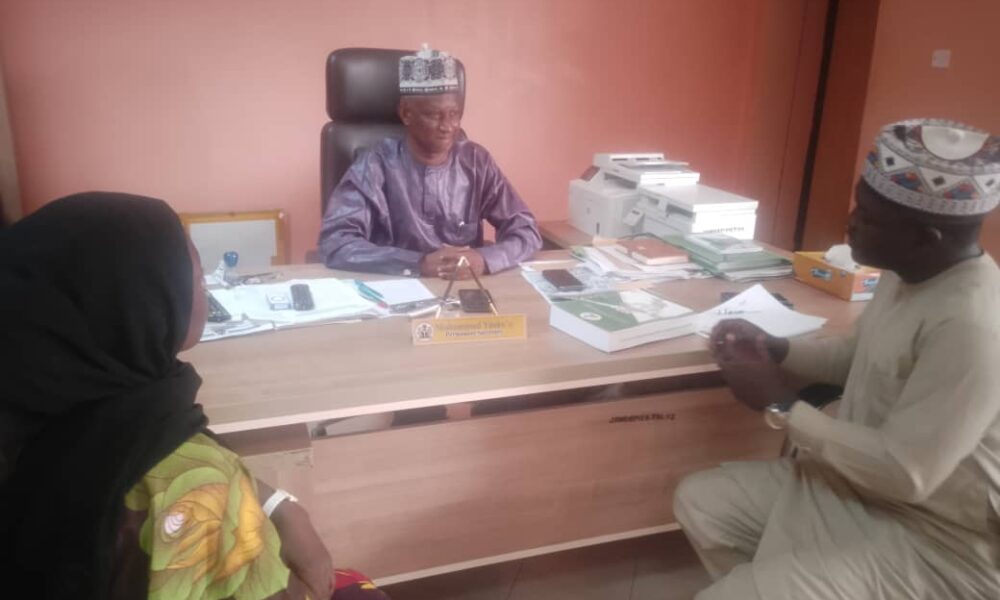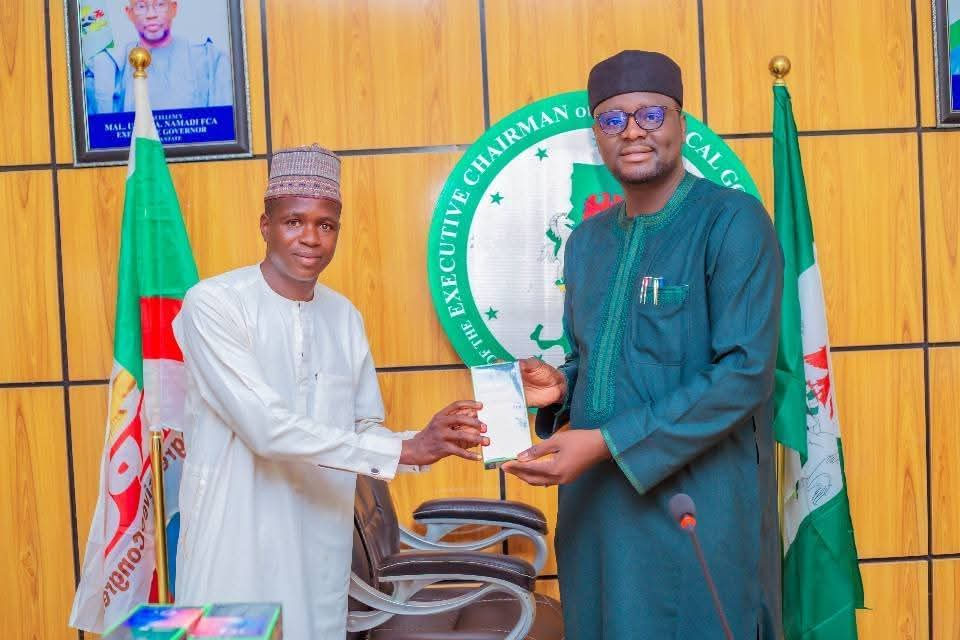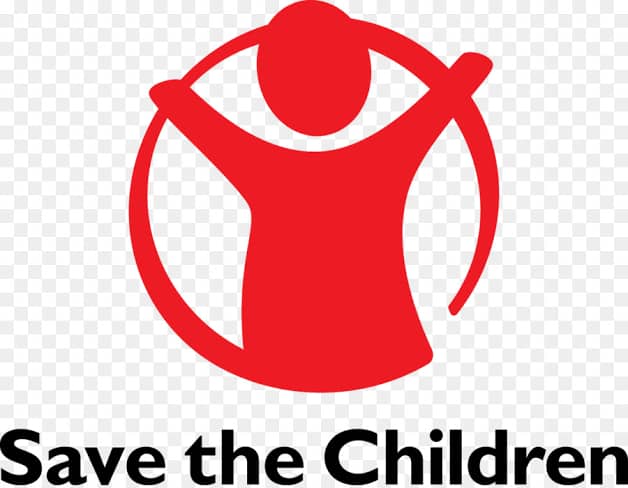By Ahmed Rufa’i, Dutse
The recent agreement between the Jigawa state government and the Foreign Common Wealth Development Office (FCDO) has excited the Jigawa Mutual Accountability Forum’s Advisory (JiMAF)
The group which expressed satisfaction with the state government’s commitment to partnership gave the imdication during the first review and update status meeting on the JIgawa state government and Foreign Common Wealth Development Office FCDO (Asks and Offers) after the agreement.
The JiMAF commended the state government for its efforts on social protection programmes where the government increased the amount of social security fund from N7,000 to 10,000 beneficiaries every month and increased the number of beneficiaries from 150 destitutes to 200 for the 27 local government areas.
The other sectors of government performing very well are maintaining budgetary allocation above 15 per cent and timely release to the health sector, provisions of personal and equipment at medical facilities and increasing the number of beneficiaries of maternal and child cash care from 4,000 to over 5,000 women.
The group drew the government’s attention to the need to amend the state social security law, scaling up nutrition and clement smart technology and training of agricultural extension workers
The Ask and Offers which was drafted agreed and signed in the last quarter of 2023 by both parties and agreed to embark on action as it involves critical sectors like health, education, social protection, and agriculture among many other sectors in this year (2024).
Speaking to our reporter, some of the representatives of civil society organisations said the review meeting aimed at enabling smooth tracking of implementation of JiMAF commitments.




